To provide the best experiences, we use technologies like cookies to store and/or access device information. Consenting to these technologies will allow us to process data such as browsing behaviour or unique IDs on this site. Not consenting or withdrawing consent, may adversely affect certain features and functions.
The technical storage or access is strictly necessary for the legitimate purpose of enabling the use of a specific service explicitly requested by the subscriber or user, or for the sole purpose of carrying out the transmission of a communication over an electronic communications network.
The technical storage or access is necessary for the legitimate purpose of storing preferences that are not requested by the subscriber or user.
The technical storage or access that is used exclusively for statistical purposes.
The technical storage or access that is used exclusively for anonymous statistical purposes. Without a subpoena, voluntary compliance on the part of your Internet Service Provider, or additional records from a third party, information stored or retrieved for this purpose alone cannot usually be used to identify you.
The technical storage or access is required to create user profiles to send advertising, or to track the user on a website or across several websites for similar marketing purposes.
 People don’t actually know themselves very well
People don’t actually know themselves very well






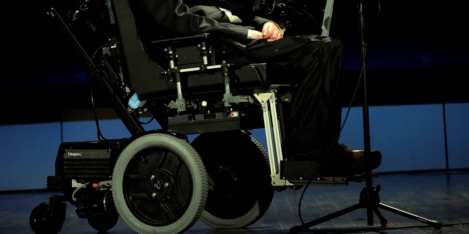



 A third of UK workers (31 percent) say their employer has little or no interest in their mental health, despite the fact that a fifth (20 percent) are stressed out on a daily basis, and for almost a third (33 percent) the issue is so bad that they’re considering looking for a new role. This is according to a new study of nearly 1,300 workers by ADP which found that workplace stress peaks amongst younger employees, with 22 percent of workers under 35 saying they experience stress every day, and 42 percent saying that it is so bad, they’re considering jumping ship. This contrasts with only 19 percent and 26 percent respectively of those over 35 who feel this way, suggesting employees become better at managing stress as they get older.
A third of UK workers (31 percent) say their employer has little or no interest in their mental health, despite the fact that a fifth (20 percent) are stressed out on a daily basis, and for almost a third (33 percent) the issue is so bad that they’re considering looking for a new role. This is according to a new study of nearly 1,300 workers by ADP which found that workplace stress peaks amongst younger employees, with 22 percent of workers under 35 saying they experience stress every day, and 42 percent saying that it is so bad, they’re considering jumping ship. This contrasts with only 19 percent and 26 percent respectively of those over 35 who feel this way, suggesting employees become better at managing stress as they get older. 
 Work is no longer a place but a set of activities which lead to a set of outcomes that could be delivered anywhere. Or as John Blackwell, Quora Consulting’s Managing Director succinctly described it at the first of the 2018 Quora Smartworking Summit’s held last week, organisations need to create a ‘smart everywhere’ environment. New digital platforms make far it easier for people to work in exactly the way they want. Research by Quora has revealed that there are 5 million people currently working in the UK gig economy or around 15.6 percent of the total workforce. More people are working post retirement age and want to work in a way that they can control, while there are increasing numbers who simply want more autonomy in their lives in the way that self-employment can offer.
Work is no longer a place but a set of activities which lead to a set of outcomes that could be delivered anywhere. Or as John Blackwell, Quora Consulting’s Managing Director succinctly described it at the first of the 2018 Quora Smartworking Summit’s held last week, organisations need to create a ‘smart everywhere’ environment. New digital platforms make far it easier for people to work in exactly the way they want. Research by Quora has revealed that there are 5 million people currently working in the UK gig economy or around 15.6 percent of the total workforce. More people are working post retirement age and want to work in a way that they can control, while there are increasing numbers who simply want more autonomy in their lives in the way that self-employment can offer. 

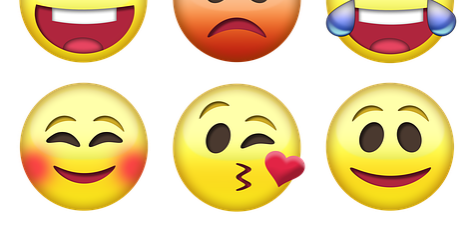
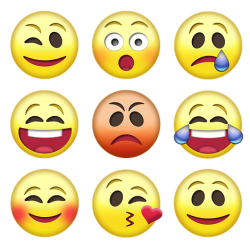




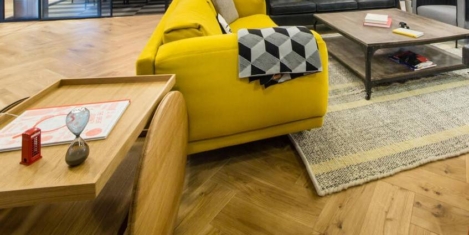
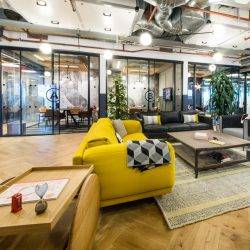











March 15, 2018
What the Chancellor’s Spring Statement means for the employment landscape
by Oliver Shaw • Comment, Workplace
(more…)